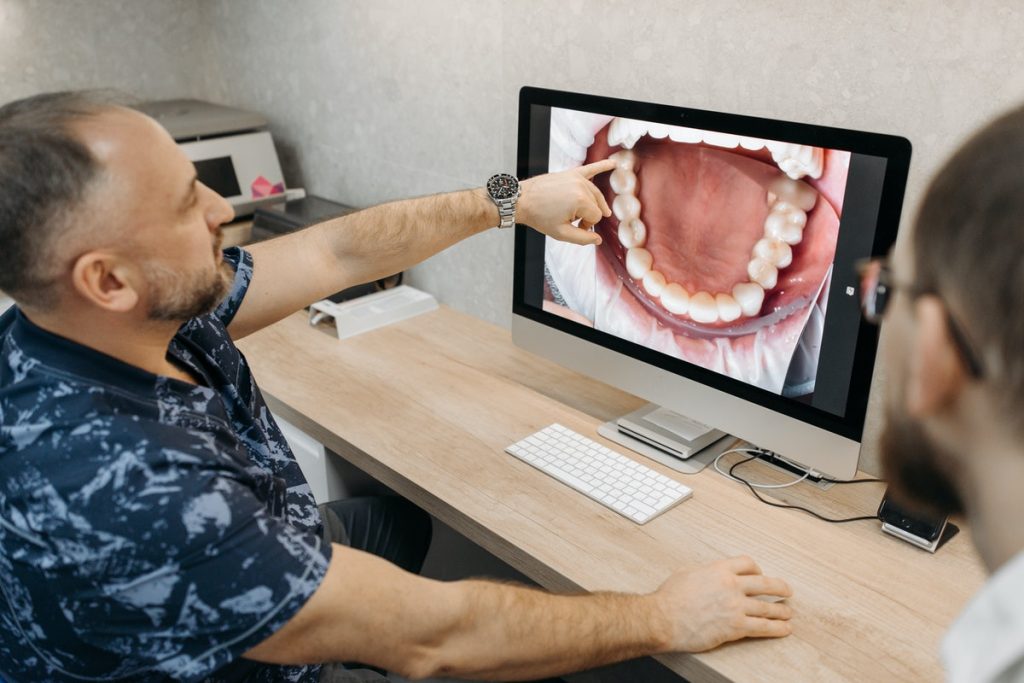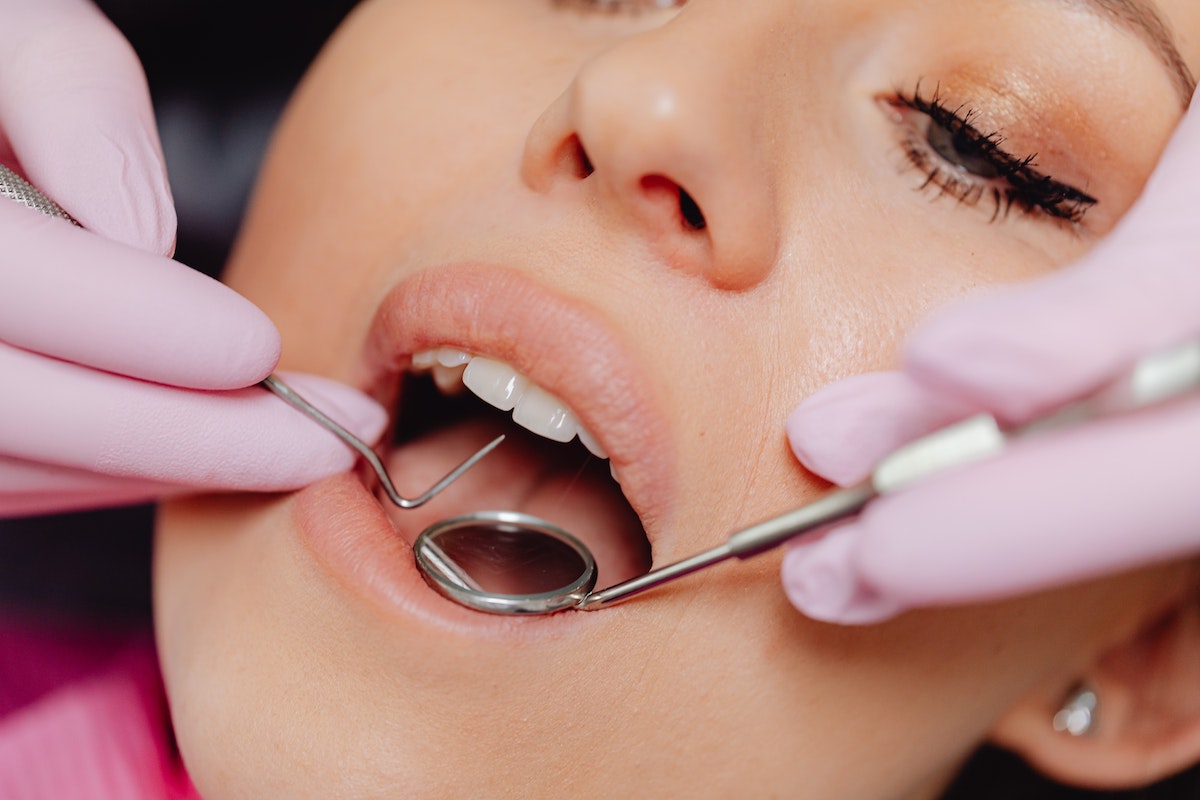Dental problems are hard to deal with, no matter how insignificant they appear. A sudden bout of pain can be disconcerting, and even mild toothache can affect your mood, productivity, and sleeping patterns. Severe ones can be daunting to handle.
The situation can confuse you if there are no tell-tale signs such as swelling, cavities, bleeding, or loose teeth. You may have no reason to see a dentist unless you notice something amiss. But it’s not the right approach because you may need help with the problem.
Although over-the-counter painkillers and home remedies may resolve toothache, a serious underlying cause translates into a dental emergency. You must understand the difference between severe tooth pain and emergencies to get timely help from a specialist. Failing to see a doctor in such situations can aggravate the problem and have dire consequences.
Here are some signs that a toothache may be a dental emergency that requires immediate treatment.
Persistent and severe pain
Persistent and severe pain in one or more teeth is a reason to worry, specifically if it returns a few hours after taking an over-the-counter pain reliever. Although medicines help, they are only a quick fix instead of a long-term solution.
Moreover, you cannot expect to repeat medication every few hours because it can have side effects due to prolonged use. The last thing you want to deal with while struggling with dental woes is side effects such as nausea, lethargy and diarrhea due to overuse of medication. It indicates a dental emergency, which should be addressed sooner than later.
Also, watch out for sudden aching pain on consuming hot or cold food and drinks because the problem may be more serious than it appears.
Swollen gums
Exposure to the tooth root can cause severe toothache, but it often comes with other symptoms. For example, visible swelling may also happen due to deep decay in the area, and it can aggravate faster than you imagine. You may notice swelling on your face within a few hours of the onset of toothache.
In worst cases, periodontal disease can cause gum recession that exposes the root. You may experience sensitivity along with pain and swelling. Do not overlook these symptoms and seek treatment without delay because the problem can worsen if ignored.
Loose teeth
A loose tooth can cause severe pain and warrants an immediate visit to an experienced dentist. You may lose your tooth if you fail to get help. Consider it an oral emergency because only a dentist can preserve the loose or broken tooth with timely treatment.
If one or more teeth are knocked out due to an accident or a sports injury, soak it in milk and rush to a dental clinic. A specialist can restore it and treat the pain and bleeding complications. You can save yourself from the trouble of time-consuming and expensive implant treatment.
Abscess
An abscess is another concern that requires medical attention sooner than later. The formation of pus pockets on gum tissues is the first sign of an abscess. You may also experience fever in a few days as your immune system tries to kill the infection. Getting help at the earliest can save you from a lot of trouble down the line.
A dentist may drain the pus pockets and recommend antibiotics to resolve inflammation and fever. Root canal treatment is the only alternative for more severe infections.
Loss of restoration
You may face severe dental pain due to the loss of temporary or permanent restoration, such as a filling, crown, or bridge. Since the condition exposes the underlying area, you may also experience dental sensitivity and gum irritation.
It’s better to seek fresh restoration at the earliest to alleviate the pain and prevent other complications due to the exposure of the sensitive tooth and gum area. Moreover, you must get the treatment at the earliest for aesthetic reasons. A missing filling, crown, or bridge can affect your smile, appearance and confidence.
Severe Pain and Dental Emergencies

Although toothache is a common phenomenon, never take it lightly, even if there are no visible signs of an underlying dental issue. Home remedies may not help if the problem is more than superficial. Popping painkillers is an even worse way to handle persistent tooth trouble because it only provides temporary relief for the problem and may have side effects.
Any pain that lasts more than a few days needs a medical examination. You must also check these signs to seek help and prevent complications in the long run.




